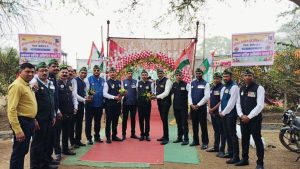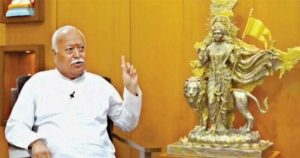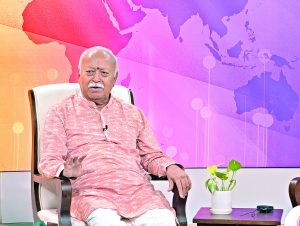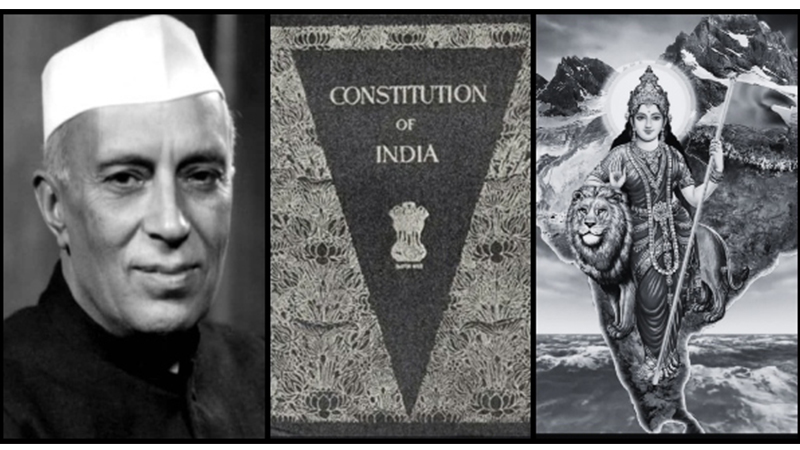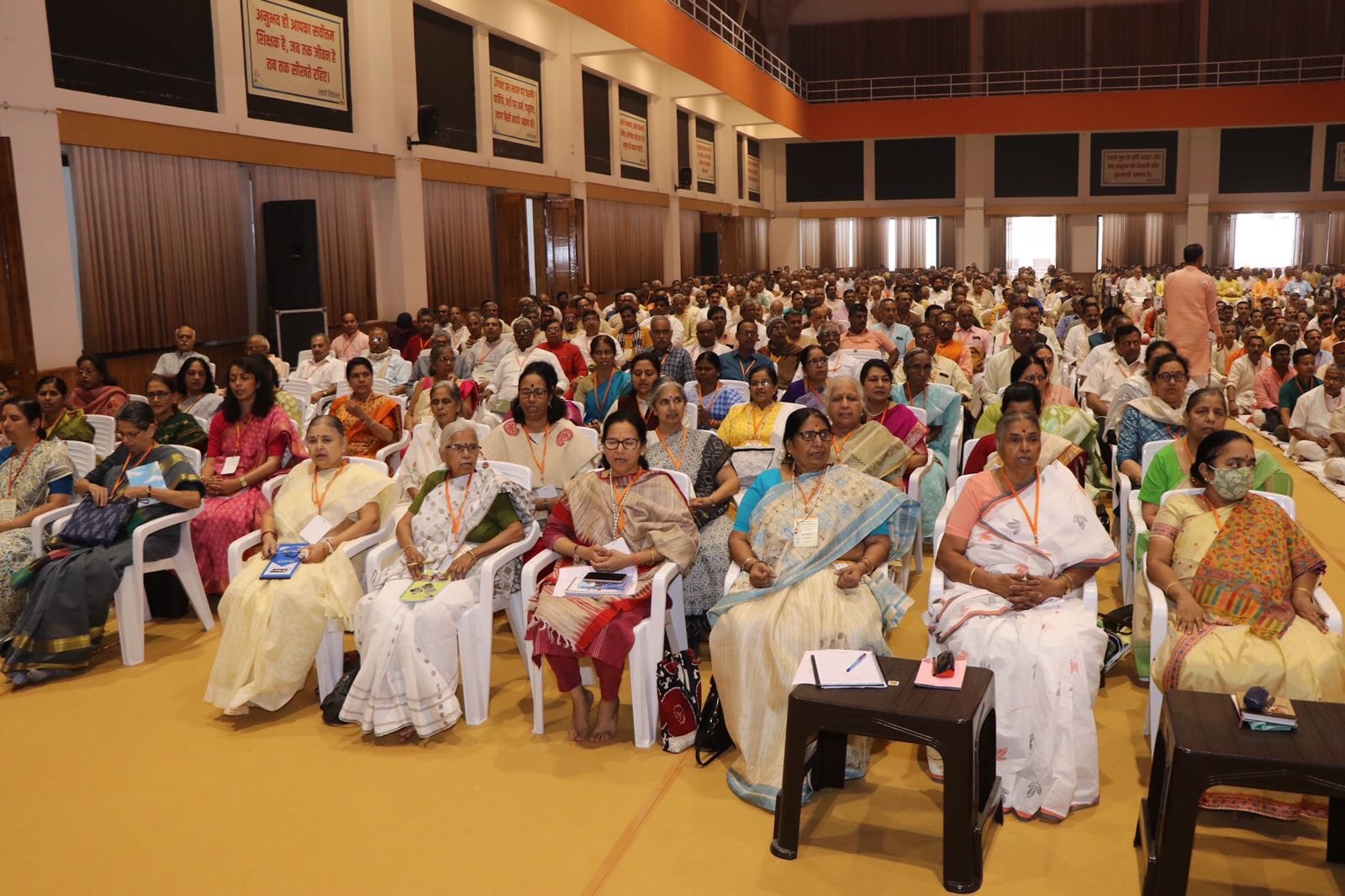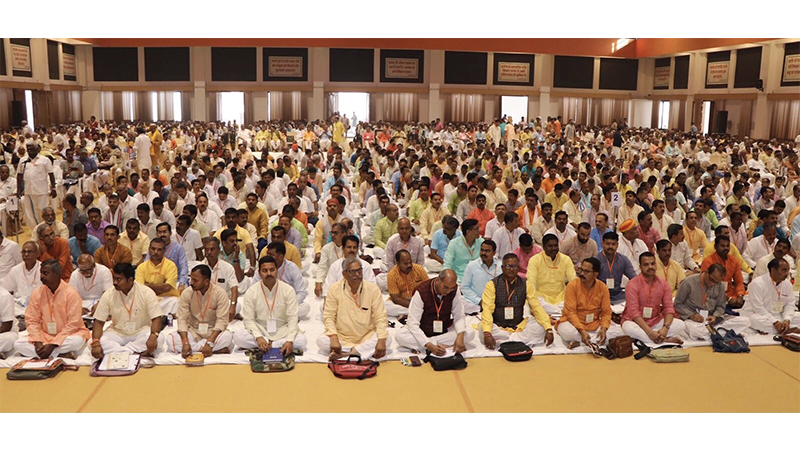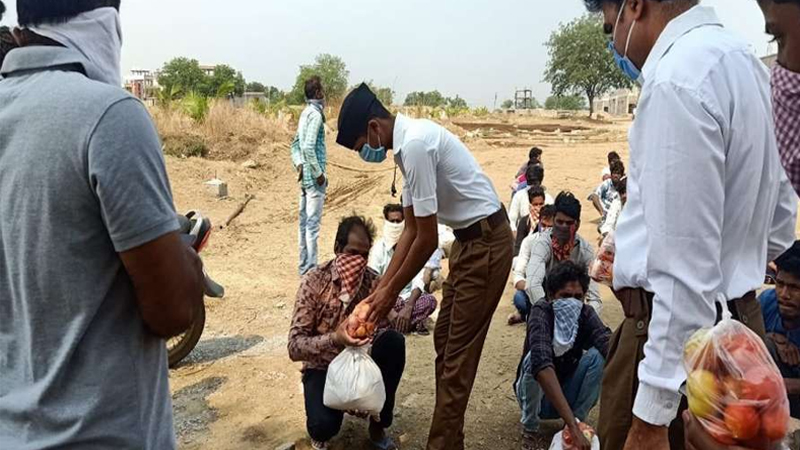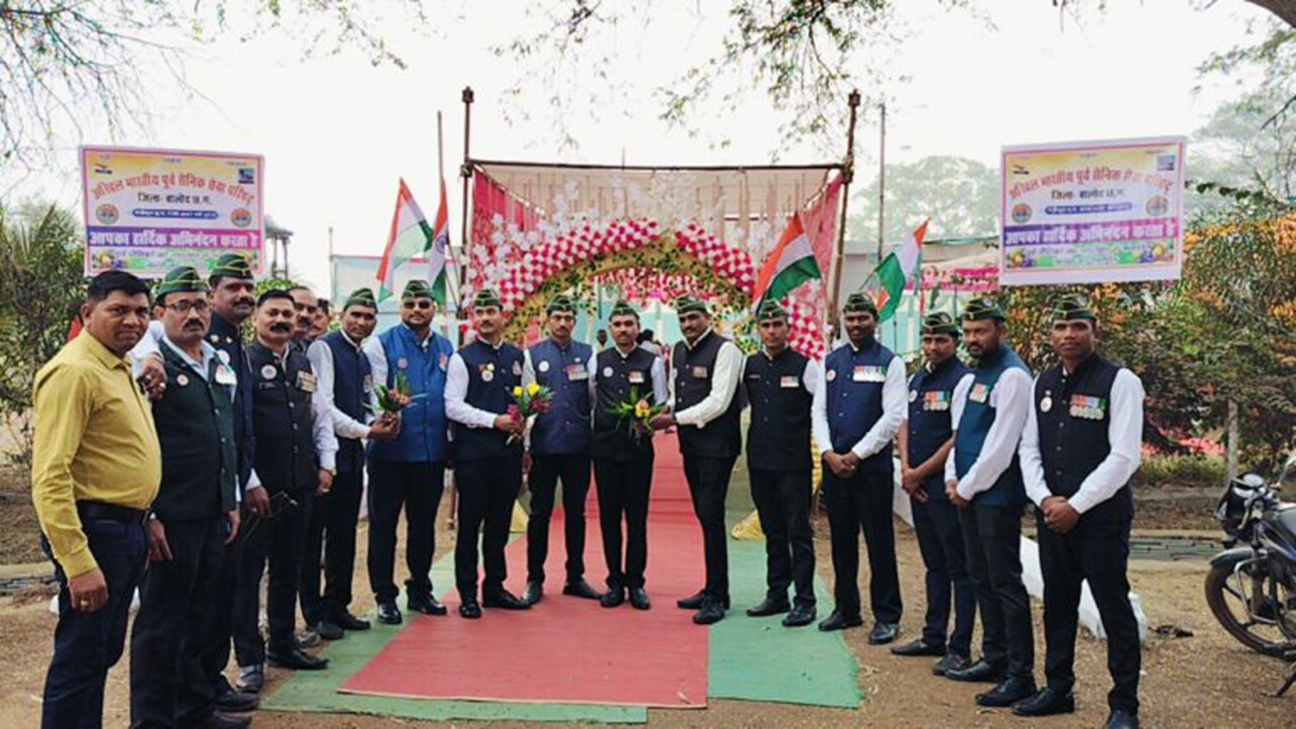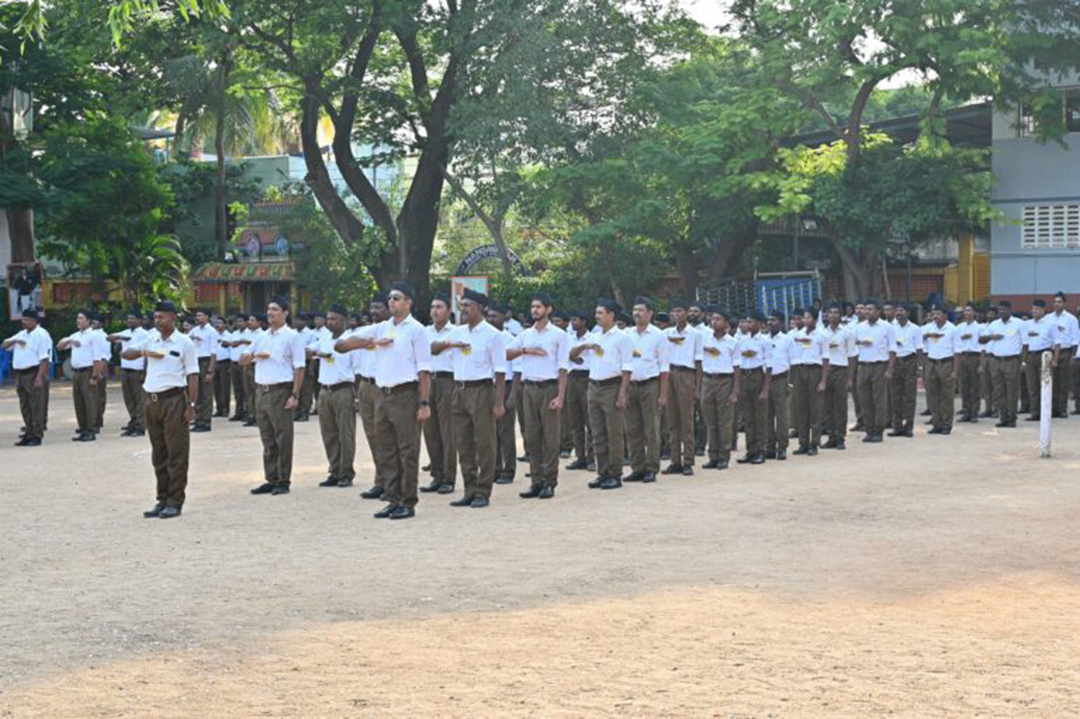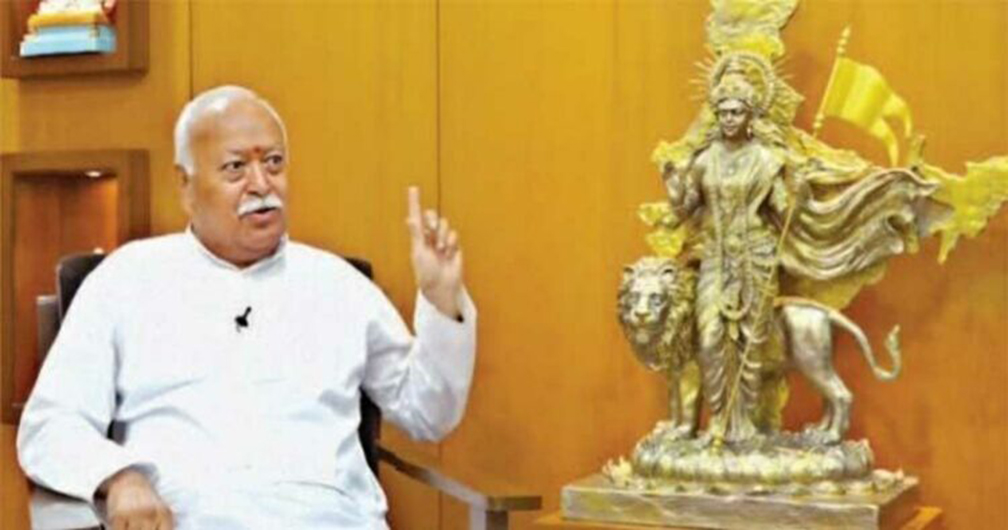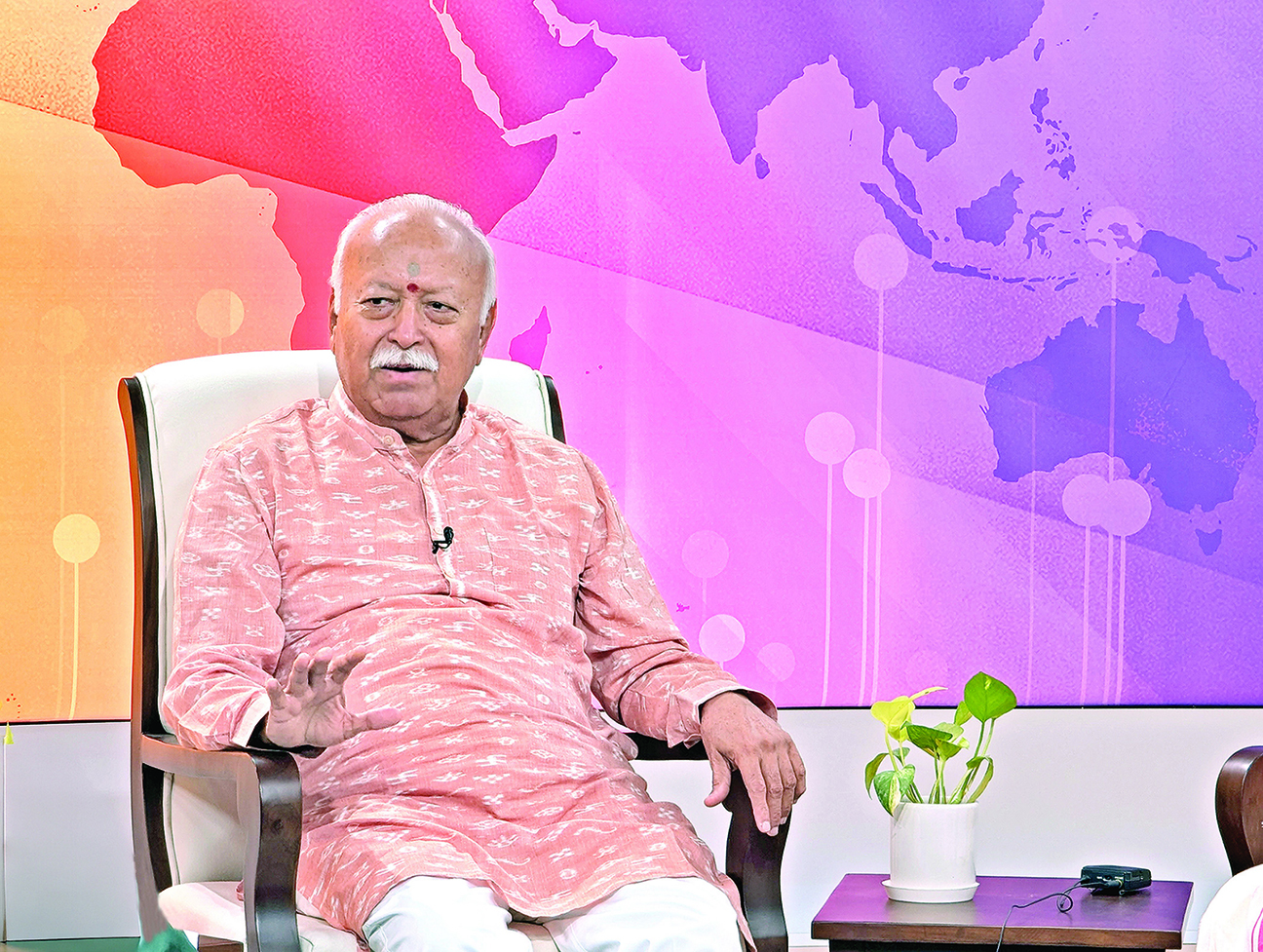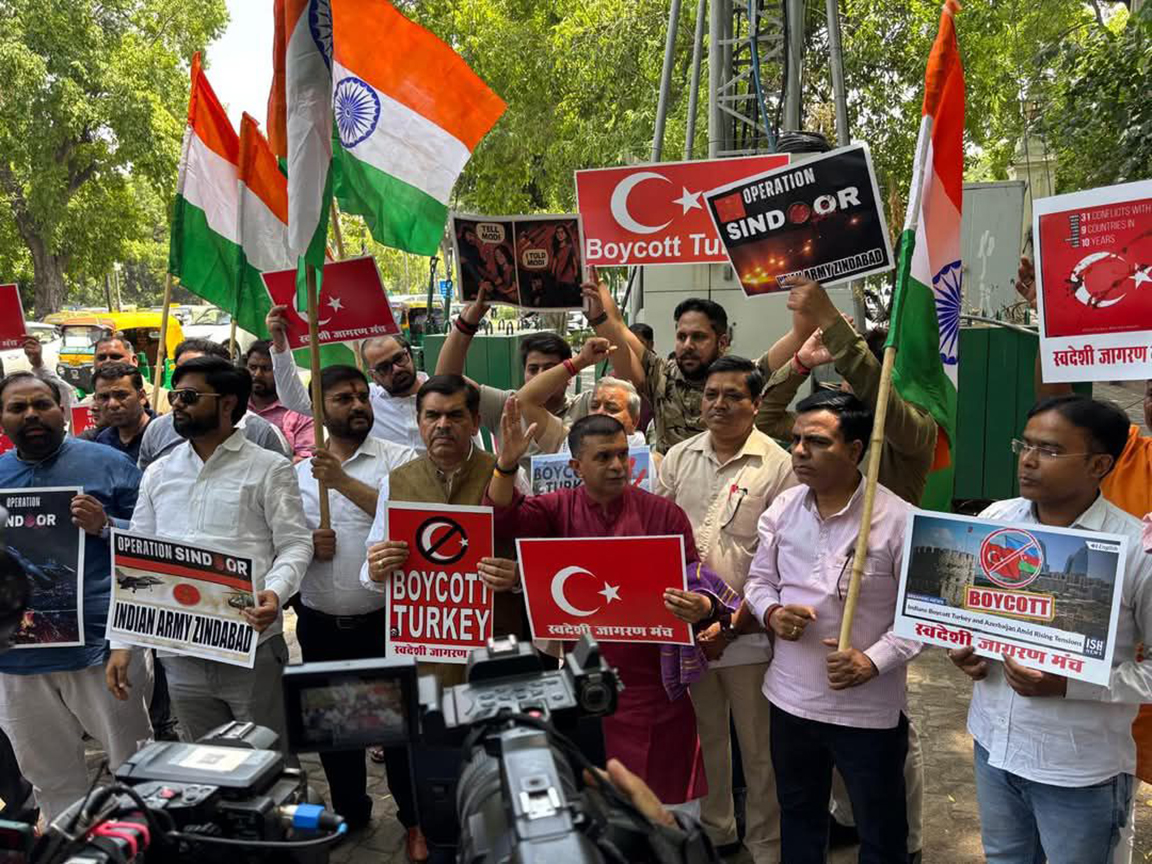What really happens in RSS coordination meetings behind closed doors?
Updated: August 27, 2024 12:23

There has been a lot of buzz about an all-India coordination meeting of Rashtriya Swayamsevak Sangh (RSS) scheduled to be held at Palakkad in Kerala at the end of this month. There has been a flurry of unsubstantiated news reports across Indian media positioning this meeting as very significant in context of the RSS’ relationship with the Bharatiya Janata Party (BJP) and the Modi government. So, what exactly is going to happen in the Palakkad meeting? The answer to this question lies in the composition and functional template of this coordination meeting.
Why this Co-ordination meeting
The RSS was started in 1925. Till late 1940s, the RSS volunteers worked for the organisation itself. From the late 1940s onwards, many volunteers started working in fields like education, health, tribal welfare, labour movement, media, social welfare etc. So, over the period of next few decades, scores of organisations were set up. Their number stands at around three dozen now. Some of the prominent ones are- Akhil Bharatiya Vidyarthi Parishad (ABVP), Bharatiya Mazdoor Sangh(BMS) Akhil Bharatiya Vanvasi Kalyan Ashram(ABVKA), Swadeshi Jagaran Manch(SJM), Vidya Bharati, Sewa Bharati Vishwa Hindu Parishad(VHP) etc. Initially Bharatiya Jana Sangh (BJS) and subsequently its successor Bharatiya Janata Party(BJP) also fell in this category.
These organisations are largely autonomous and the RSS doesn’t micro manage them. It performs the role of an ideological mentor. The RSS also gives some of its full-time workers (known as ‘Pracharaks’) as well as other functionaries or volunteers to these organisations as and when there is an ask from them.
RSS, together with these organisations is often termed as ‘Sangh Parivar’ by many commentators but Sangh doesn’t prefer to use it. For the Sangh, all these are RSS-inspired organisations and they are run by the volunteers not only from the RSS but from all walks of life. So, this is an organic relationship based which has evolved dynamically without any turf-wars. The same holds true for the BJP also.
As a large number of volunteers work in these RSS-inspired organisations so the RSS had started the tradition of holding co-ordination meetings where senior functionaries from these organisations sat together to share their work, achievements and especially the innovative ideas which have delivered some extraordinary results. These meetings are held with two key objectives-To avoid overlapping as much as it can be so that the time and resources of volunteers in these organisations are used most effectively and second, to enlist best practises by different organisations so that they can be replicated by other organisations. These meetings are generally attended by the RSS Sarsanghchalak and its Sarkaryavah(General Secretary) as well as all the Sah Sarkaryavahas(joint general secretaries) along with several other important functionaries of the organisation.
BJP at the Co-ordination meeting
Contrary to the common perception built by unsubstantiated media reports and by many self-proclaimed experts of the RSS on social media platforms, the BJP is not given any special treatment at these coordination meetings. The functionaries of the BJP, like other organisations, share their progress and innovative ideas.
Most importantly, there is no discussion about any electoral politics or real politik throughout the meeting. The discussion is absolutely focused on the organisational aspects. There are no formal or informal political discussions on the sidelines of the meeting
The anxiety and excitement of the correspondents on the ground is understandable as this is the first all India coordination meeting of the RSS after the results of the Lok Sabha elections of 2024 in which the BJP’s performance has raised some eyebrows even amongst its die-hard supporters. There has also been talk in the media about a rift between the BJP and the RSS as it is indicated that the RSS isn’t too happy with the way BJP is functioning.
First, there is no major rift between the BJP and the RSS. There are bound to be differences of opinion between the RSS and its inspired organisations on certain issues. They need not necessarily be on the same page on every issue as every field has its own dynamics and compulsions.
These differences exist between the BJP and the RSS also but that doesn’t imply that the RSS is desperate to control the BJP and the party leaders are acting rebelliously challenging the RSS.
One must not forget that the Prime Minister himself has been an RSS full-timer. The top members of his council of ministers and party functionaries have been RSS volunteers for decades before joining the BJP. They still have cordial relationships with the RSS leadership at all levels.
Thus, the forthcoming co-ordination meeting of the RSS isn’t going to be different from its earlier meetings. The BJP leaders will be there along with functionaries of other RSS-inspired organisations. The common objective of this meeting is not to ‘fix’ BJP but to consolidate the work of nation building which is the prime objective of the RSS.
(The article was first published in moneycontrol.com. Link: https://www.moneycontrol.com/news/opinion/what-really-happens-when-the-rss-top-brass-meets-bjp-during-co-ordination-meetings-12807473.html)
